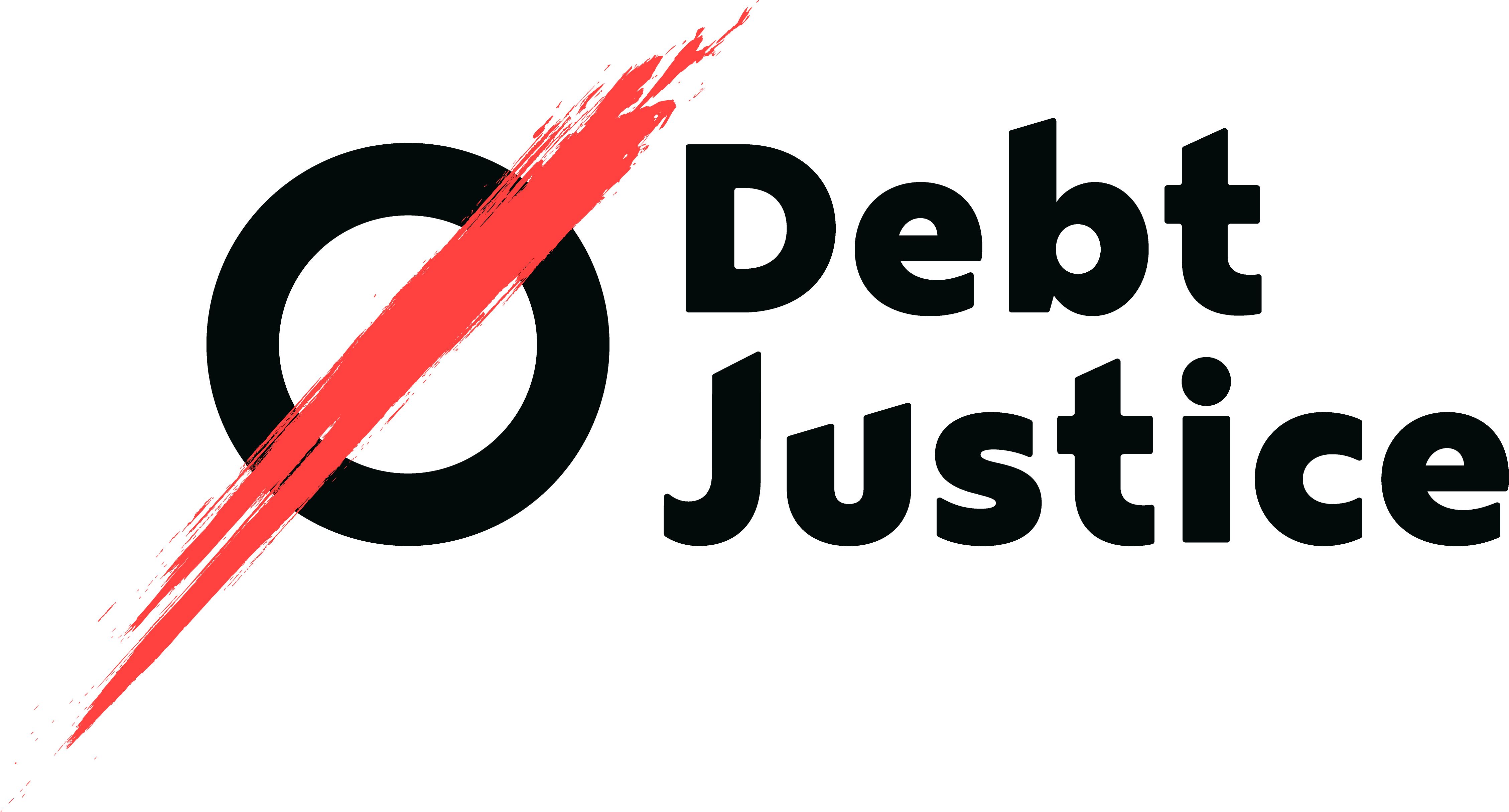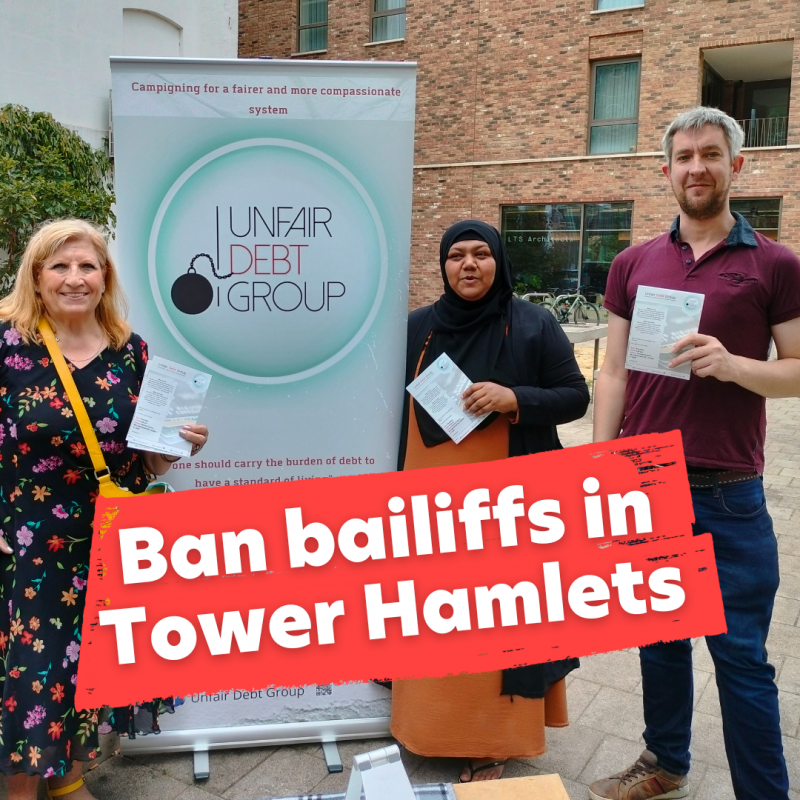We want the London Borough of Tower Hamlets to stop sending bailiffs to people’s homes to collect council tax and parking fine debt.
As residents, workers and students of Tower Hamlets, we are facing an unprecedented cost of living crisis pushing us into debt and hardship. Many of us are struggling to keep up with paying our council tax and we find ourselves forced to pay punitive parking fines.
When we’re already struggling with these debts, we find ourselves subjected to aggressive and often illegal behaviour by bailiffs operating on behalf of the council, causing severe and lasting harm to us and our families. This can push us further into debt, making a fresh start more difficult.
Using bailiffs is outdated, wrong and just does not work.
Why is this important?
In 2022/23, Tower Hamlets council sent bailiffs to over 5,000 households for council tax collection alone. This adds additional expense, stress and even trauma to people who are already struggling. Sending bailiffs to pursue council tax debt can incur as much as £440 additional debt for the indebted resident. Bailiff use is also likely to lead to other social costs for the residents of the borough - including credit card debt, worsening mental or physical health and increased social isolation. Bailiffs often use force to enter homes, sometimes with children inside, and can seize possessions. People in debt often cite a visit from a bailiff as the most stressful part of dealing with debt.
Bailiffs are not necessary. Councils, such as Hammersmith and Fulham, have stopped using bailiffs to collect council tax, and this has had no noticeable effect on revenues. There is also no evidence from other boroughs that more aggressive bailiff action increases the amount of debt collected.
Tower Hamlets must follow suit - and Ban the Bailiffs in this borough.
What is the alternative?
Other councils, such as Hammersmith and Fulham and Kensington and Chelsea, have developed alternative methods to collect council tax debt, this includes:
- Getting in touch with residents who are in arrears early to support them.
- Ending the ‘annual bill liability’ where people can lose the ability to pay by monthly instalments because of late payments
- Using different methods of contact, e.g. phones and emails held by the council.
- Identifying clients who are vulnerable and will struggle to pay
- Working closely with the debt advice sector,
- Ensuring correct council tax support is claimed,
- Using less aggressive forms of enforcement.
These methods ensure that residents like us don’t face unanticipated visits from bailiffs, including facing threats and intimidation, and can support people to access exemptions or find affordable methods to pay.

